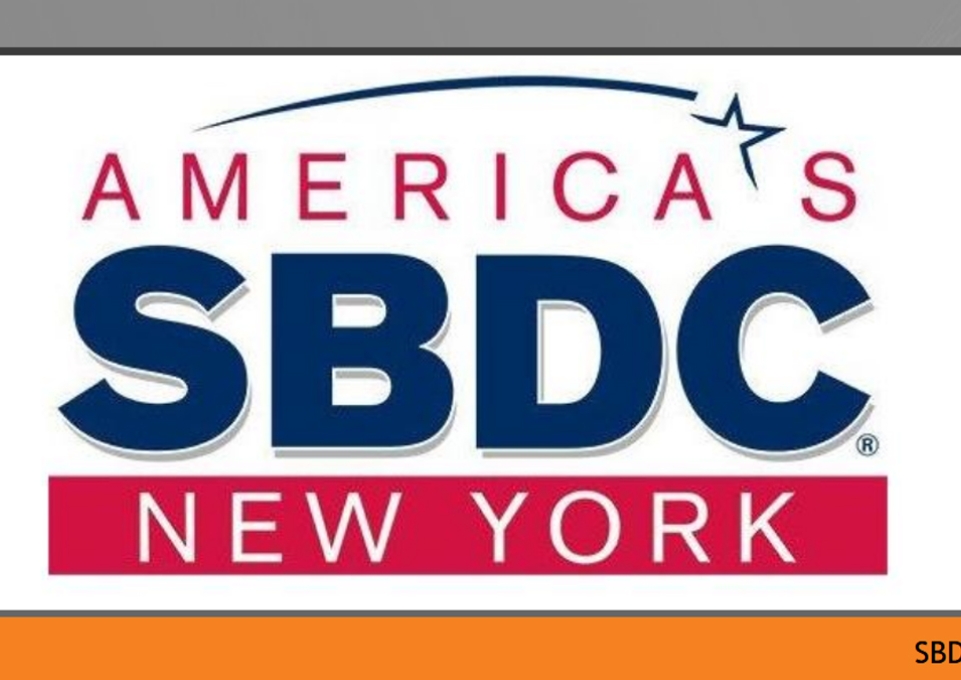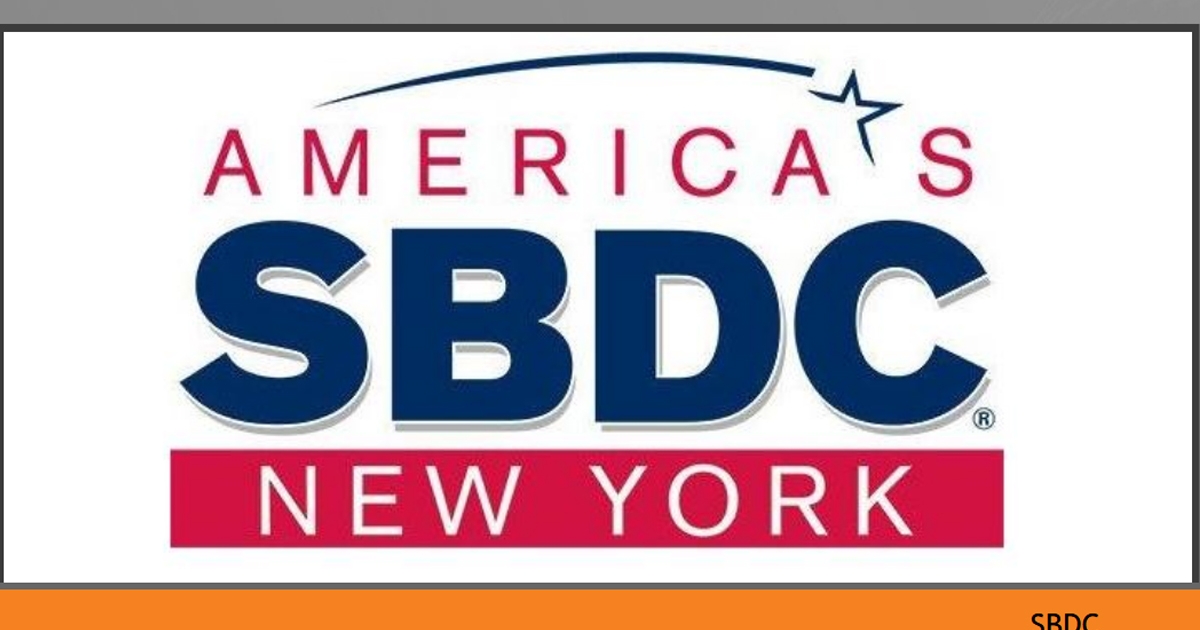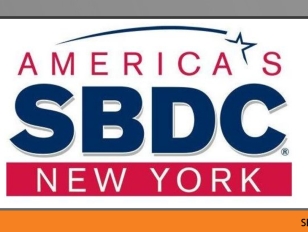
The Small Business Development Center (SBDC) staff at Buffalo State College has jumped in to advise local business owners affected by the coronavirus and connect them to financial help.
Brian Higgins, ’85, U.S. representative for New York’s 26th congressional district, announced on March 16 that the U.S. Small Business Administration (SBA) approved a disaster declaration for New York, making small businesses and nonprofit organizations eligible for low-interest loans.
The legislation authorized roughly $7 billion in loans to small businesses affected by the COVID-19 outbreak. These loans may be used to pay fixed debts, payroll, accounts payable, and other bills that can’t be paid because of the disaster’s impact.
“Businesses and workers are hurting like never before,” Higgins said. “This is just the very first step in what will be a long relief and recovery process.”
The rollout of the Economic Injury Disaster Loans has resulted in hundreds of new calls pouring in to the SBDC, which are being automatically transferred to Susan McCartney, SBDC director, and her staff of five advisers who are working remotely. The SBDC covers businesses located in Erie and Wyoming counties.
“Our first job is to talk to the callers about how they’re feeling,” McCartney said. “And most are feeling very afraid.”
While the SBDC stayed busy before the onset of COVID-19, primarily fielding calls and meeting with individuals wanting to start new businesses, calls have tripled in the last couple of weeks, McCartney said. Most of the clients have been affected by New York Governor Andrew Cuomo’s dictate to temporarily shutter all nonessential businesses in order to halt the spread of the virus that has infected almost 76,000 New Yorkers and resulted in 1,550 deaths as of March 31.
“We’re hearing from every kind of business—physical therapists, bakeries, gymnastics centers, construction, boutique retail shops, restaurants, bars, day care centers, small metal fabricators, and many more,” McCartney said. “Plus, we’re counseling several major not-for-profit organizations that are eligible for loans.”
McCartney estimated that her staff is handling 50 appointments a day while also fielding calls from various community leaders who are seeking the most up-to-date information from Washington, D.C.
“This is not an easy landscape,” she said. “Every day, something new is being created, or the program we had a week ago has been replaced by a new application.”
The main loan available to small businesses carries a 3.75 percent interest rate and can be repaid over 30 years; for nonprofit organizations, the rate is 2.75 percent. And there are other generous terms, such as no collateral required for the first $25,000.
“The length of this loan makes it extremely affordable,” McCartney said. “We don’t usually do any loans over five years. There also is no cost to apply, which is very unusual. The funding, however, has to be related to COVID-19.”
As overwhelming as the situation is for small businesses, McCartney and her team are trying to stay positive.
“This is energizing work,” she said. “We’re helping folks in the trenches, many with longtime businesses that are the main support for their families.”
This isn’t McCartney’s first experience responding to a disaster.
Following the September 11, 2001, attacks on the World Trade Center, she helped small businesses get back up and running through a program with LaGuardia Community College, and she worked with small businesses in Long Island, New York, after Hurricane Sandy in 2012.
As for the current crisis, she said they’re able to handle the work for now.
“But I think there’s going to be a tidal wave of calls coming,” she said. “People are just starting to experience how drastic this situation is.”
An SBA fact sheet (PDF, 111 KB) is available on Higgins’s website. Additional information on eligibility and the application process for the loans is available at SBA.gov/disaster.



